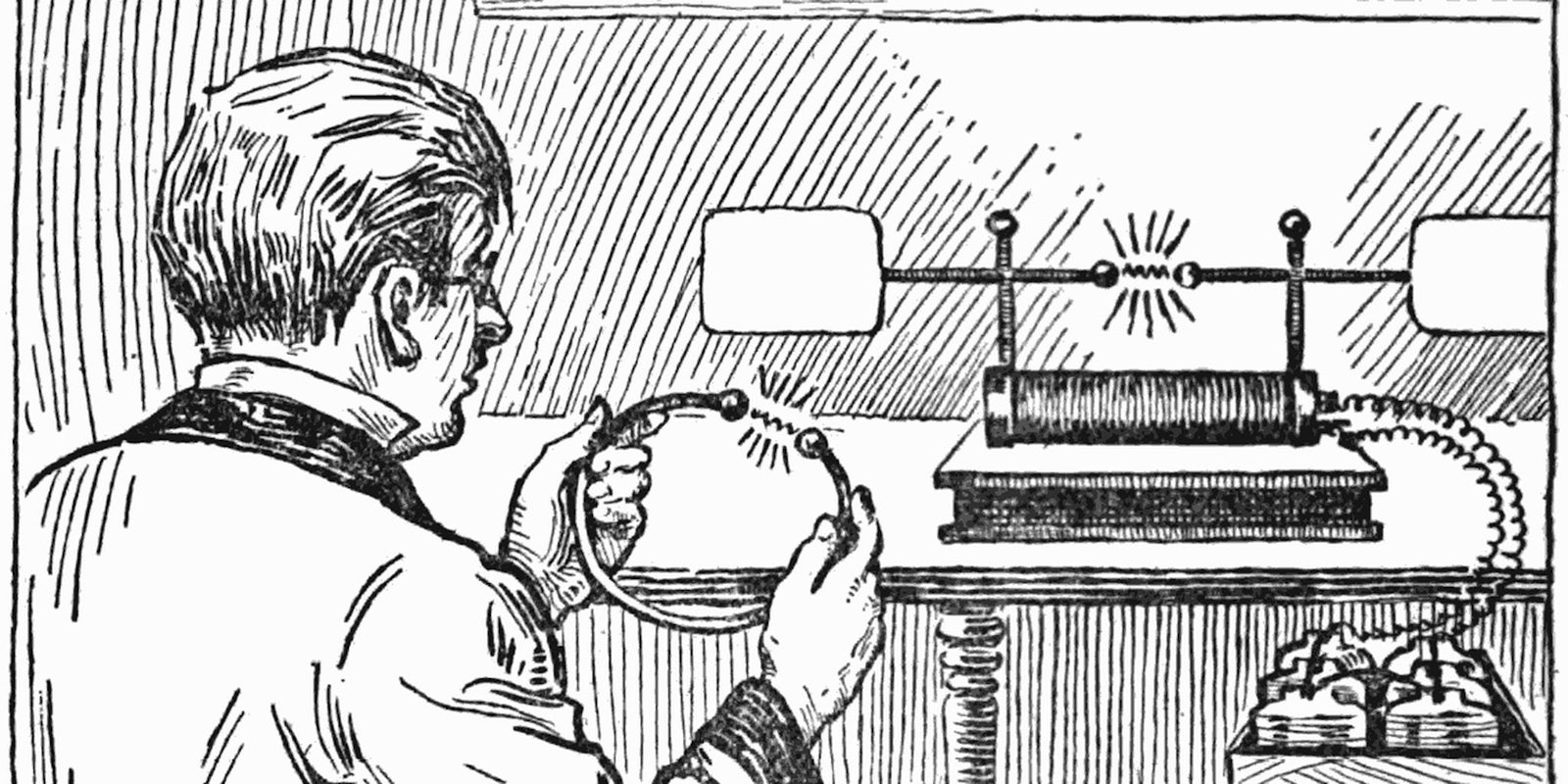The Pew Research Center released a report today profiling Americans’ knowledge of basic science questions. Before you read on, you take the test yourself in case you’re in need of a pick me up or a slice of humble pie.
Of the 3,278 adults who participated in the quiz, the average score was 7.9 out of 12—a solid D, in other words. Not too impressive.
Unsurprisingly, people who held college and postgraduate degrees tended to outscore people who only finished high school or some college. What’s more troubling is that men outscored women, and white people fared better than hispanic and black people.
Much of the difference between ethnic groups may be explained by different levels of educational background, the study’s authors said. They also looked at people of different ethnicities with the same educational background and still found white people outscoring other races. But the authors also noted that the sample size of the people of color in the survey was pretty small, (both black people and hispanic people represented about 200 results in each group) potentially skewing results.
Between men and women, the authors saw the biggest gaps in science knowledge in areas of physical sciences such as questions like “How does light bend through a magnifying glass?” and “What aspect of a sound wave defines its loudness?” Men and women did equally well answering questions regarding pseudoscience, like the difference between astronomy and astrology.
Again, some of these differences can be explained by a difference in education, with more men holding advanced degrees than women—particularly in older age groups. But even still, some differences remained, particularly in the realm of physical sciences.
“Males and females tend to differ in their expressed interest in science topics and in the course selection at the high school, college, and postgraduate levels,” the authors wrote. “Men on average express greater interest in the physical sciences than women.”
The authors went on to write that women tend to go for natural sciences like biology and neuroscience, but that few of the questions in the survey reflected these areas of interest.
Of course, 12 questions hardly covers the vastness of scientific inquiry, and the researchers at Pew are well aware of that. But this isn’t the first time they’ve done a quiz like this. Previous surveys have yielded interesting results about a wide array of topics from textbook facts to more general knowledge of science as it relates to society and politics. All in all, Americans as a whole don’t generally know very much about science it seems.
And it’s important that we do better because understanding science means understanding the world, the authors argued. With technology and science making huge advancements in areas like driverless cars and stem cell therapy, having an informed public will go a long way toward making these new technologies and discoveries fit in harmoniously with society at large.
Image via Unknown/Wikimedia (PD)
